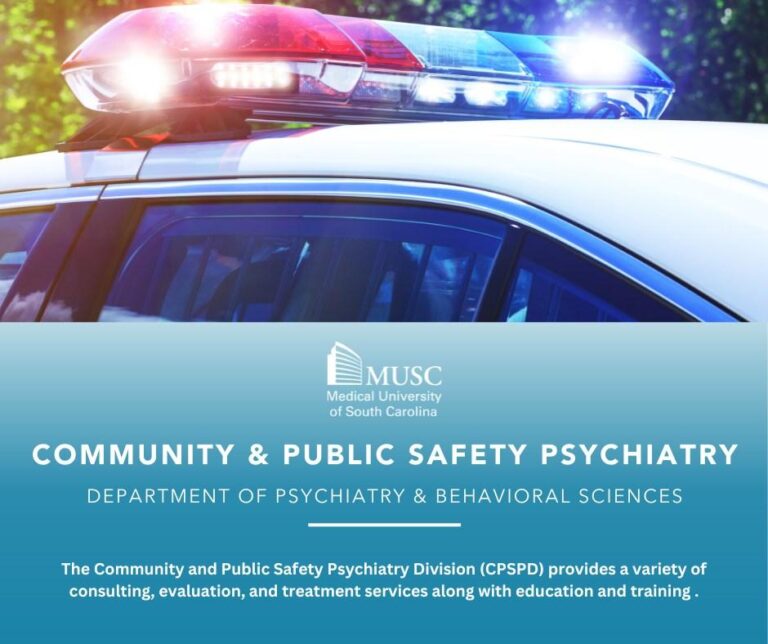As mental health challenges continue to escalate across communities worldwide, experts emphasize the critical role of mental health services in enhancing public safety responses. Integrating specialized mental health support within emergency and law enforcement frameworks is increasingly viewed as a vital strategy to address crises more effectively and reduce harm. With mounting evidence linking untreated mental health issues to public safety incidents, officials are calling for expanded screening, timely intervention, and comprehensive care to better protect both individuals in distress and the broader community. This shift comes amid growing awareness of the complex social factors influencing mental well-being and the urgent need to transform response systems accordingly.
Table of Contents
- Mental Health Integration Transforms Emergency Response Framework
- Addressing Crisis De-escalation Through Specialized Training
- Expanding Access to Mental Health Resources in High-Risk Communities
- Policy Recommendations for Sustainable Mental Health Support in Public Safety Systems
- In Summary
Mental Health Integration Transforms Emergency Response Framework
Emergency response systems nationwide are undergoing a pivotal transformation as mental health services become an integral part of first-responder protocols. This shift reflects growing recognition that crises involving psychological distress require specialized intervention beyond customary law enforcement tactics. By embedding mental health professionals within response teams, communities aim to reduce needless incarcerations and hospitalizations, ensuring affected individuals receive appropriate care swiftly and humanely.
Key components of this evolving framework include:
- Real-time collaboration between paramedics, police officers, and mental health experts to assess situations holistically.
- Training programs that equip first responders with skills to recognize and de-escalate mental health crises effectively.
- Dedicated crisis intervention units designed to prioritize wellness and safety over punitive measures.
These initiatives are hailed as critical steps toward more compassionate public safety approaches, fostering trust within communities and improving overall outcomes during emergency situations.
Addressing Crisis De-escalation Through Specialized Training
Specialized training in crisis de-escalation equips public safety personnel with critical skills to effectively manage volatile situations while prioritizing the mental health and dignity of all involved. By integrating evidence-based interaction techniques and trauma-informed approaches, responders can diffuse tension and reduce the risk of escalation, preventing unnecessary use of force. Such training emphasizes:
- Active listening and empathy to build trust and rapport
- Recognizing signs of mental illness to tailor responses appropriately
- Nonviolent intervention strategies that seek peaceful resolutions
Embedding mental health expertise directly into public safety teams fosters a proactive stance that protects both community members and responders. Cross-disciplinary collaboration, supported by ongoing education and scenario-based drills, enhances preparedness for complex crises where traditional policing alone falls short. Ultimately, this specialized training is a vital force multiplier that promotes safer outcomes and strengthens community resilience in times of emergency.
Expanding Access to Mental Health Resources in High-Risk Communities
Barriers to mental health care in vulnerable neighborhoods often stem from a combination of socioeconomic challenges,stigma,and limited availability of specialized services.Addressing these gaps requires an inclusive approach that prioritizes culturally competent care and community-tailored interventions. Expanding outreach programs with mobile units, telehealth options, and partnerships with local organizations has shown promise in bridging these divides, ensuring individuals receive timely and effective support before crises escalate.
Key strategies driving this transformation include:
- Integrating mental health professionals directly within emergency response teams to better handle behavioral health incidents on-site.
- 24/7 confidential counseling services available to residents,reducing reliance on traditional emergency rooms and law enforcement.
- Community education campaigns aimed at reducing stigma and promoting resilience.
By embedding mental health expertise within public safety frameworks, communities can witness a marked reduction in emergency calls related to behavioral crises and an enhancement in overall public trust and safety.
Policy Recommendations for Sustainable Mental Health Support in Public Safety Systems
To build a resilient framework that effectively integrates mental health support within public safety systems, policymakers must prioritize cross-sector collaboration. This involves creating interdisciplinary partnerships between law enforcement, mental health professionals, and community organizations to ensure comprehensive care for individuals in crisis. Allocating dedicated funding streams for mental health training and resources within public safety agencies is essential to foster sustainable change. Additionally, embedding mandatory mental health literacy programs for officers and first responders will equip them with the skills to identify and de-escalate situations involving mental health challenges, reducing reliance on punitive measures.
Policy reforms should also focus on expanding access to early intervention and ongoing support services that connect at-risk populations with appropriate care long before crises escalate. Establishing standardized protocols that prioritize mental health assessments during public safety interventions can improve outcomes and enhance trust between communities and law enforcement. Key recommendations include:
- Implementing continuous professional progress centered on trauma-informed approaches
- Institutionalizing data-sharing agreements to track mental health trends and resource effectiveness
- Investing in community-based mental health initiatives to alleviate pressure on emergency services
- Mandating openness and accountability measures for mental health-related public safety interventions
Together,these steps are vital to transforming public safety into a more responsive and supportive habitat for mental health needs.
In Summary
As communities continue to grapple with complex public safety challenges, integrating mental health services into emergency response frameworks emerges as a critical strategy. By prioritizing mental healthcare access and support, public safety agencies can better address crises, reduce violence, and foster safer environments for all. The evolving landscape of digital and clinical mental health services highlights promising pathways to transform how responders engage with those in need. Moving forward, collaborative efforts between mental health professionals and public safety officials will be essential to building resilient, compassionate, and effective response systems.

